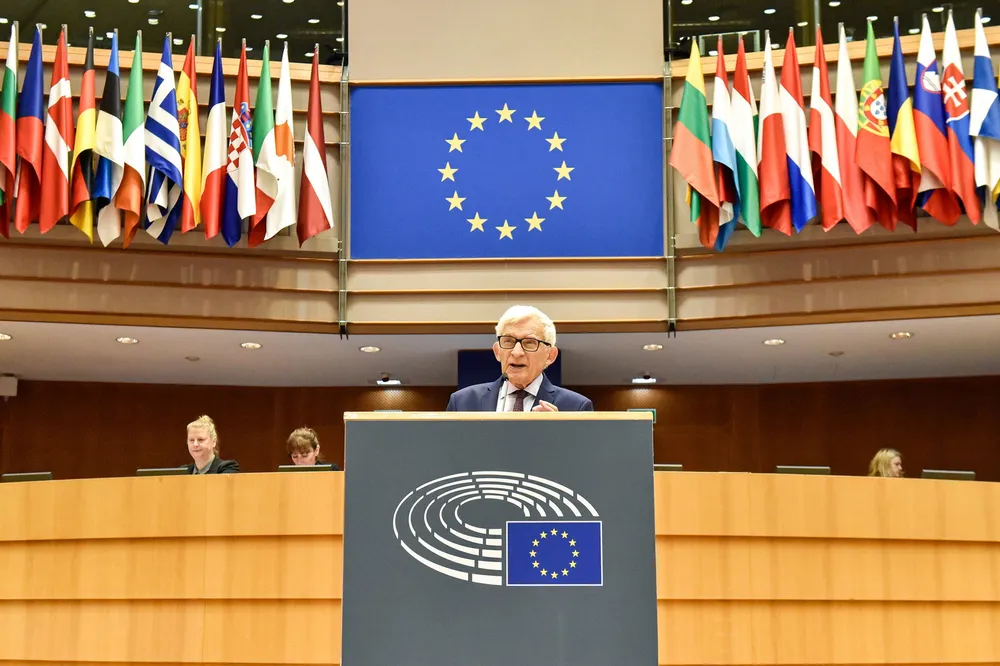European Parliament approves hydrogen and low-carbon gas markets package, with focus on hard-to-abate industries
Regulations seek to prevent the formation of monopolies on H2 infrastructure

Regulations seek to prevent the formation of monopolies on H2 infrastructure
